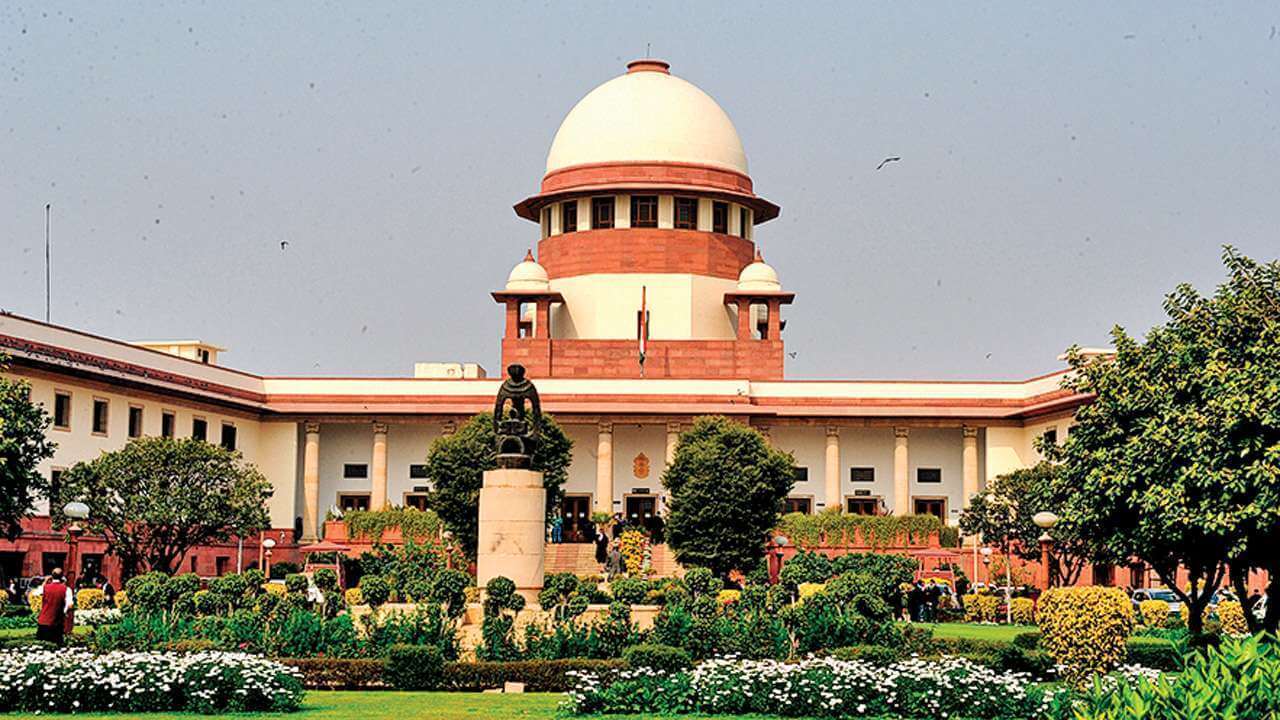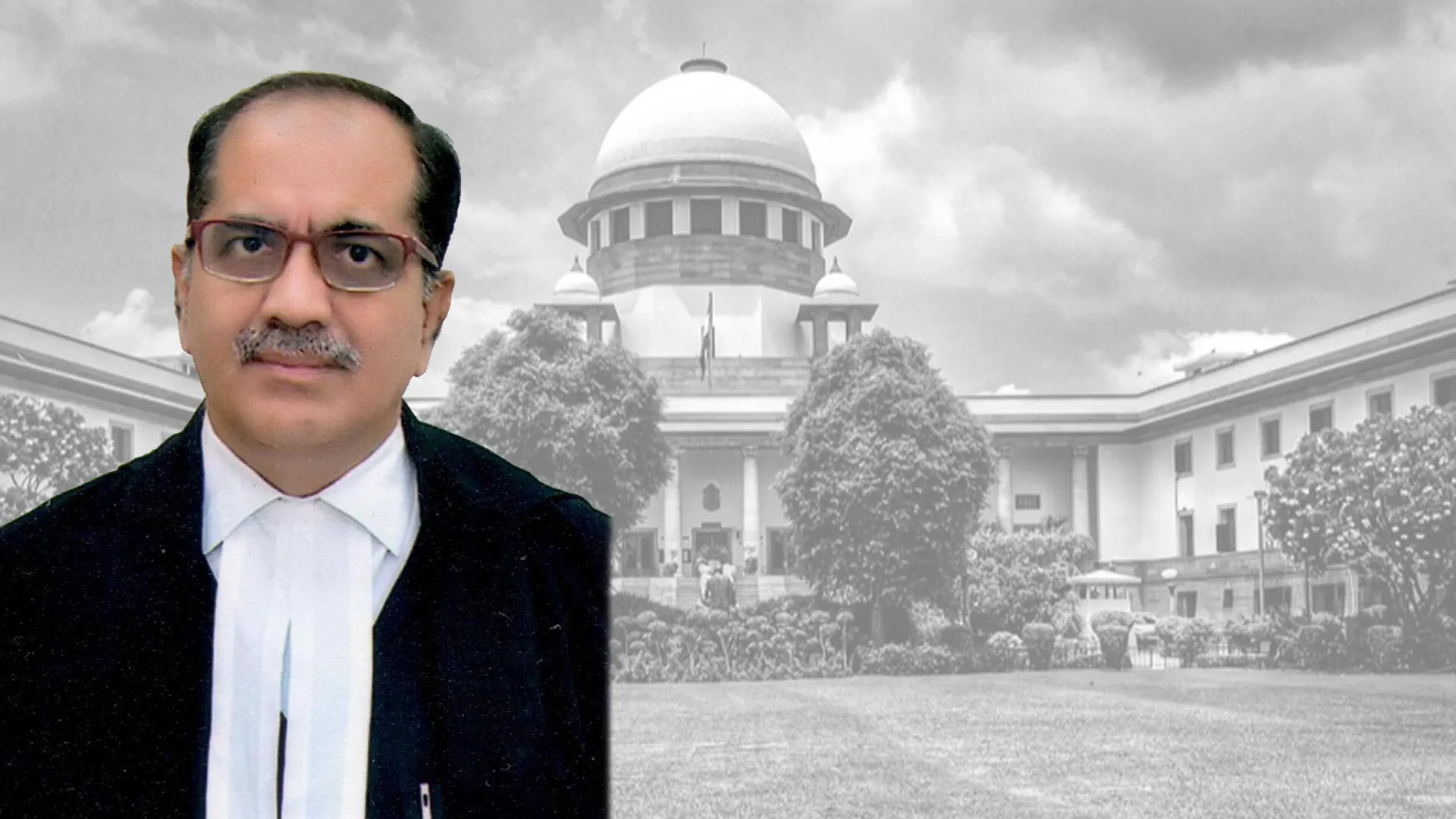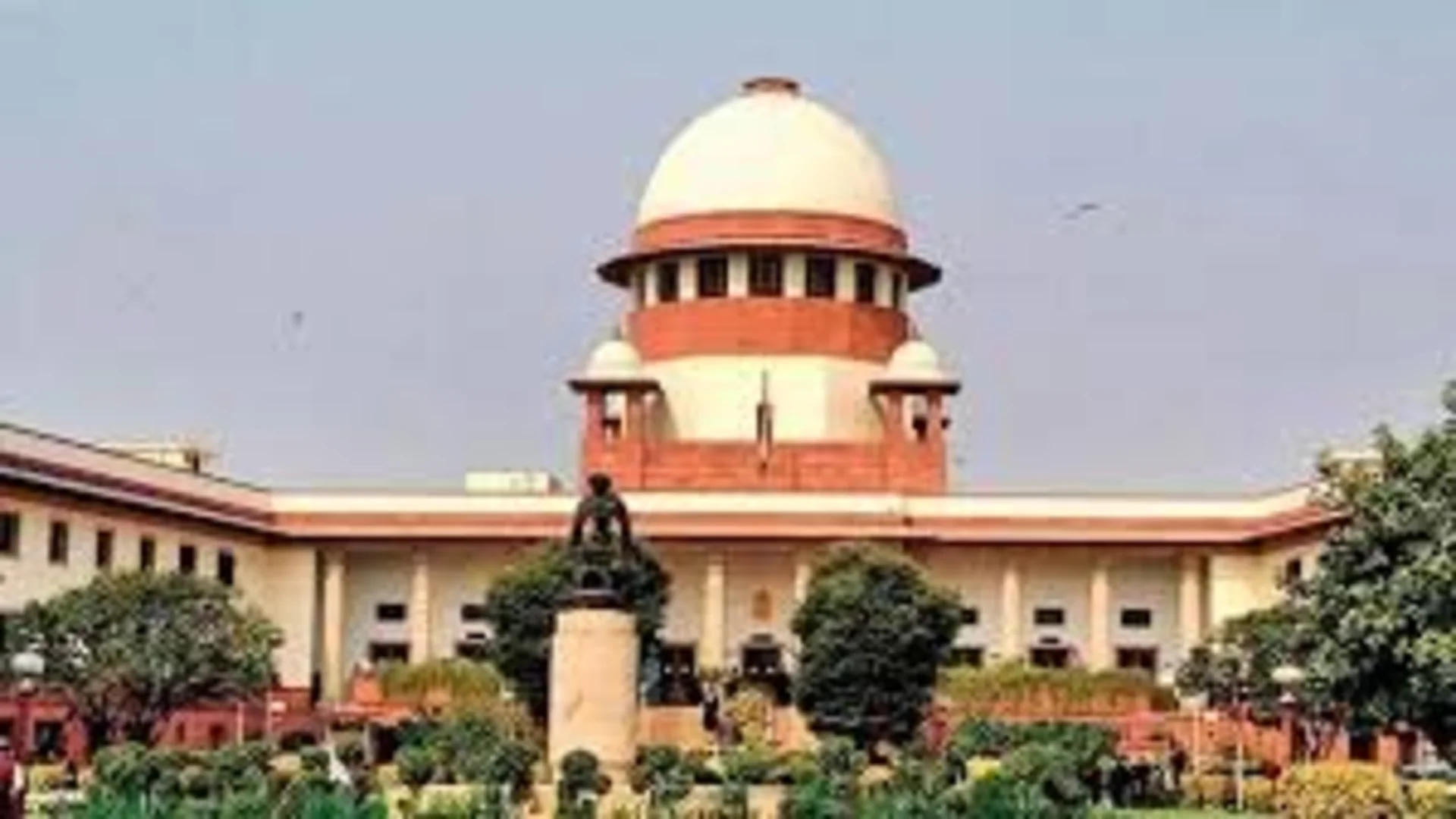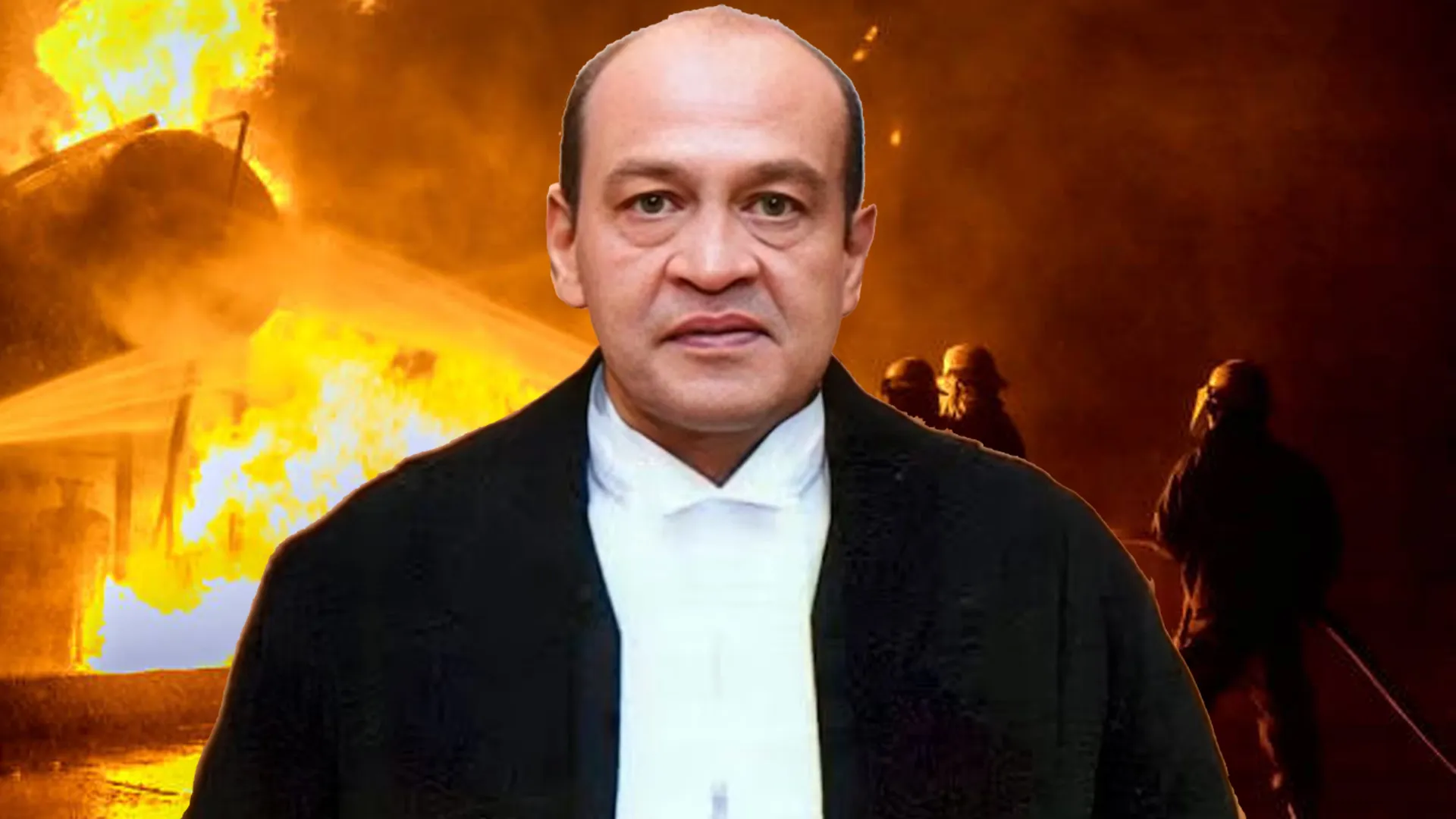The Supreme Court in the case Ajay Dabra vs Pyare Ram observed that being a short of sufficient funds to pay court fee is not a reason to condone the delay in filing of an appeal. The court stated that an appeal can be filed in terms of Section 149 of Civil Procedure Code, 1908 and therefore the defects can be removed by paying deficit court fees.
In the present case, the High Court dismissed the delay condonation applications filed under Section 5 of the Limitation Act, 1963, wherein the court declined a delay of 254 days to file First Appeal, on the ground that the reasons which are assigned for the condonation were not sufficient reasons for condonation of the delay.
However, the only reason which is being assigned for the delay was that he was not having sufficient funds to pay the court fee. It has been noted by the court in an appeal that the said provisions of Section 149 of Civil Procedure Code, 1908 which deals with the power to make up deficiency of Court Fees.-
Where the whole or any part of any fee prescribed for any document by the law for the time being in force which relates to the court fees prescribed for any document by the law for the time being in force relating to court fees has, thus, the court may in its discretion, at any stage, allow the person, by whom such fee is payable, to pay the whole or part, as the case may be, of such courtfee and by making such payment the said document, in respect of which such fee is payable, it shall have the same force and effect as if such fee had been paid in the first instance.
The bench while upholding the order of High Court made the following observations: There must always be a reasonable explanation for the delay. An appeal before the court has to be filed within the stipulated period, prescribed under the law.
The court can only condoned the belated appeal, wherein a sufficient reason is been shown before the court for the delay. Therefore, the appellant who is seeking condonation of delay therefore must explain the delay of each day.
It being true that the court should not be pedantic in their approach while condoning the delay, and explanation of each day’s delay should not be taken literally, but the said fact remains that there must be a reasonable explanation for the delay.
There being a provision under the law for filing of an defective appeal; In the said case, even if it is is presumed for the sake of argument that the appellant was short of funds, at the relevant point of time and was not able to pay court fee, nothing barred him from filing of the appeal as there being no such provision under the law for filing a defective appeal, i.e., an appeal which is deficient as far as court fee is concerned, wherein the court fees is paid law for filing a defective appeal, i.e., an appeal which is deficient as far as court fee is concerned.
The court finds while considering the facts and circumstances of the court that the High Courts was right in dismissing Section 5 application of the appellant as insufficient funds which could not have been a sufficient ground for the condonation of delay. Therefore, it would entirely be different matter wherein the appellant had filed an appeal in terms of Section 149 CPC and thereafter removed the defects by paying deficit court fees. The same has evidently being done. Accordingly, the court dismissed the appeal and also considered the case on merits.























